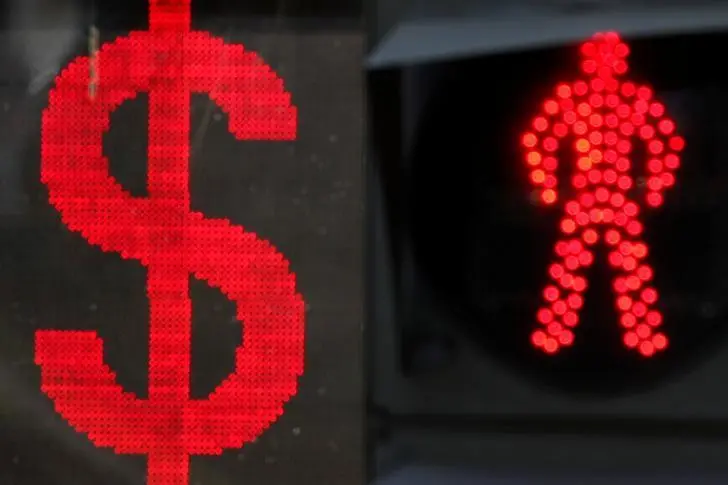PHOTO
LONDON- The dollar edged up on Tuesday and the yen stayed low, as investors remained optimistic about progress towards a COVID-19 vaccine, although the moves were more tempered than in the previous session.
U.S. drugmaker Pfizer Inc and German partner BioNTech SE said on Monday a large-scale clinical trial showed their vaccine was more than 90% effective in preventing COVID-19 - news which lifted global markets with a wave of risk appetite, which subsided somewhat overnight before re-igniting on Tuesday.
The dollar rose after the announcement. Although the dollar is a safe-haven, and so typically falls on positive news, analysts said the move was caused by investors quitting long positions in other major safe-haven currencies such as the Japanese yen and the Swiss franc.
The dollar edged up slightly and stayed close to the previous session's highs, as market participants tempered their initial pro-risk reaction, in light of uncertainty about how or when a vaccine could be rolled out.
Neil Jones, head of FX sales for financial institutions at Mizuho, said he expected the risk-on moves to continue.
"I don’t think it’s over and don’t think the foreign exchange market will become completely skeptical," he said.
"It will not write off the prospect of a vaccine – even though we need more clarity in terms of the distribution, quantities, timeline, and to whom," he said. "On balance, that optimism will remain for now."
At 1229, the dollar was at 92.792 against a basket of currencies, slightly up on the day .
The dollar has lost around 1.4% this month as Democrat Joe Biden's victory in the U.S. presidential election provided a major boost to market sentiment.
The Japanese yen, which had its biggest one-day fall since March after the vaccine announcement, clawed back some of its losses but was still relatively weak at 105.155 at 1220 GMT.
"Following a euphoric market reaction such as that the question that now arises is whether it was justified or possibly exaggerated," wrote Commerzbank FX and EM analyst You-Na Park-Heger in a note to clients.
"Even if the news of a vaccine could be a game changer, we urge caution, as the massive euphoria could be followed by some disenchantment," she said.
Euro-dollar was broadly flat on the day at $1.1815. In the previous session it rose to as high as $1.192, but went no further, which Mizuho's Jones said could be due to the European Central Bank having signalled its awareness of the downsides of rapid euro strength.
"The market is a little bit concerned about repeat verbal intervention in the euro around the 1.20 area so I think sellers maybe dropped their offers down lower than that 1.20, thinking that that might be the limit of the upside," Jones said.
The Australian dollar - seen as a liquid proxy for risk appetite - was broadly flat on the day versus the dollar, as its jump in the immediate aftermath of the vaccine news proved short-lived.
The New Zealand dollar was up 0.2%, in its seventh consecutive session of gains.
The Norwegian crown, which also benefited from the vaccine news, extended its gains versus the euro on Tuesday, up 0.4% on the day at 10.644.
China's offshore yuan, which has been gradually strengthening since May, hit new 2.5-year highs versus the U.S. dollar on Monday but eased some gains on Tuesday, up 0.2% on the day at 6.6028 at 1228 GMT.
U.S. President Donald Trump plans to push ahead with legal challenges to the presidential election results and will hold a series of campaign-style rallies to build support.
(Reporting by Elizabeth Howcroft, editing by Ed Osmond and Chizu Nomiyama) ((Elizabeth.Howcroft@thomsonreuters.com; +44 02075427104;))





















